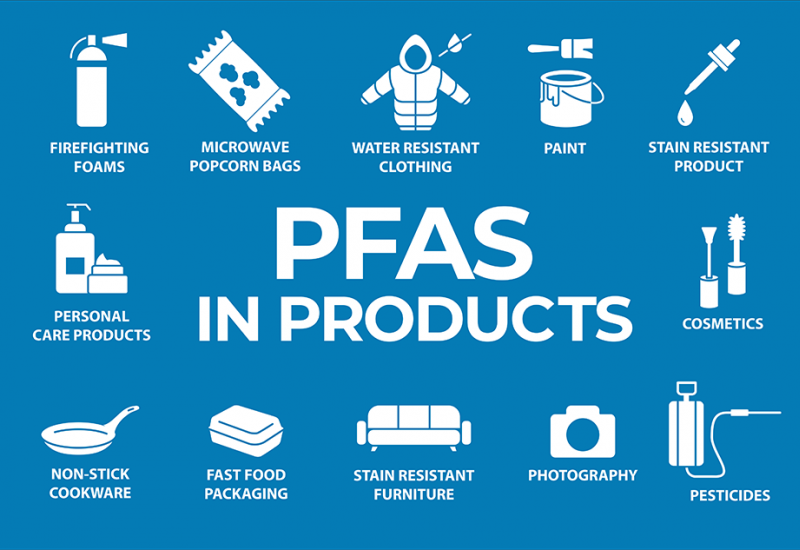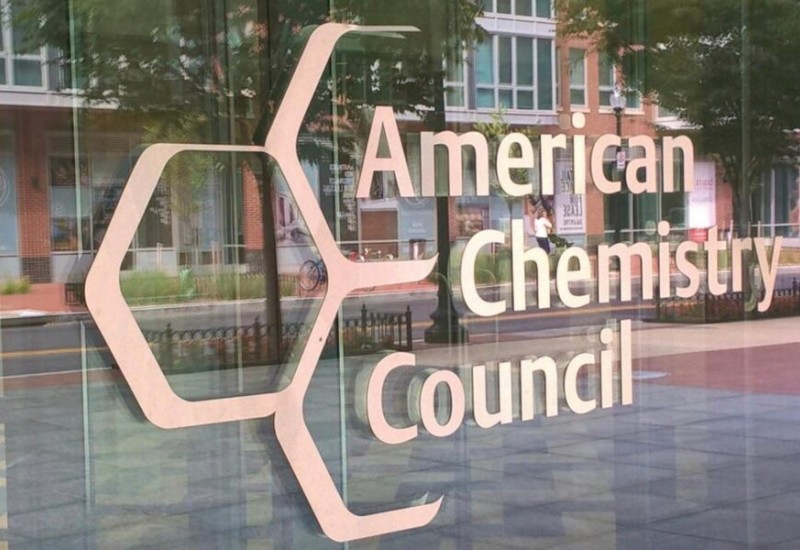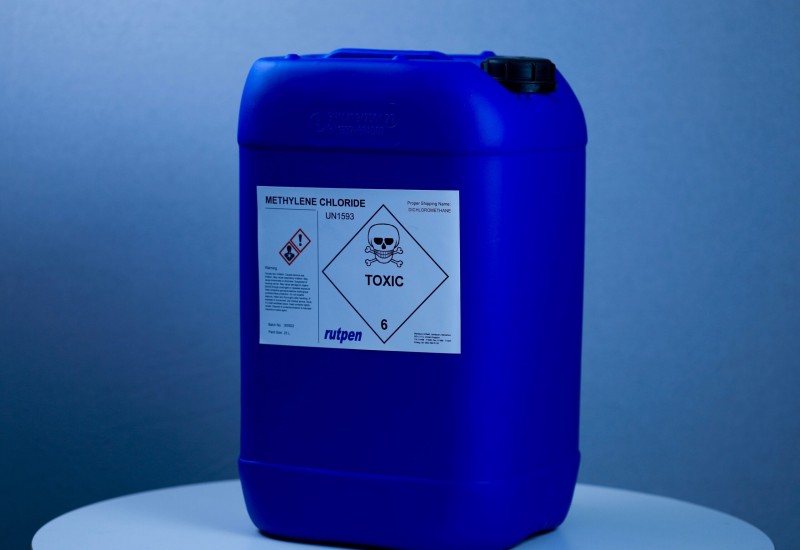ACC highlights chemistry in sustainability
At its Responsible Care & Sustainability Conference on 7 May, the American Chemistry Council (ACC) released a new report, entitled ‘Sustainability Starts with Chemistry’, in order, it said “to highlight the crucial role the chemical industry plays in advancing sustainability progress around the globe”.















